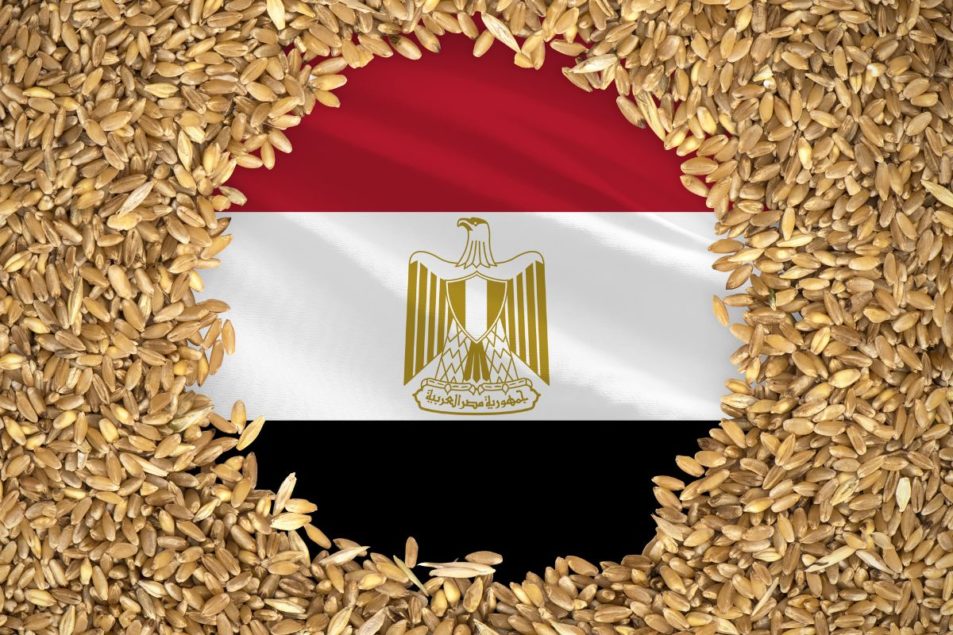Egypt defers payments for wheat imports amid dollar crunch

Egypt has deferred payments for its large wheat purchases, in some cases by months, according to a government official and traders, as the country grapples with a shortage of hard currency.
Egypt is one of the world’s biggest wheat importers and uses the purchases to make heavily subsidised bread, a politically sensitive benefit available to tens of millions of people.
Most deferred payment cargoes have been shipped and unloaded without interruption so far and Egypt’s state wheat reserves used to make subsidised bread have not been impacted.
Following the war in Ukraine, Egypt now depends mostly on Russia for its wheat.
Egypt’s supply minister told the country’s state grains buyer has deferred opening letters of credit to pay for wheat imports to alleviate financial pressures caused by a foreign currency shortage.
Four grain traders told on condition of anonymity that delays in payments for state-purchased wheat – considered a top priority commodity – were unprecedented as they were stretching to months.
The traders, who asked not to be named because of the sensitivity of the matter, said issues arose with shipments coming in as early as last December that were to be settled using 180-day letters of credit. Under the letters, a supplier usually receives payment through their bank around shipment time, and the government has 180 days to pay the supplier’s bank.
But the traders said that Egyptian state-owned banks, including Banque Misr, acting on behalf of the General Authority for Supply Commodities (GASC), have only opened these letters weeks or months after shipment. One of the traders said that as of last week they were still awaiting payment for a shipment made early this year.
Another trader said Egyptian state banks currently needed to open letters of credit for about eight wheat cargoes, while a third trader said as many as 11 had not been paid for. The delays have not previously been reported. Banque Misr did not respond to a request for comment.
“It was never this late. But the country was never in this situation before. This is brand new for Egypt,” said a third trader.
Supply Minister Ali Moselhy acknowledged the delays, blaming it on a shortage of foreign currency that was worsened by the economic fallout from the war in Ukraine and has led to a general slowdown in imports.
“We don’t want to add pressure on the central bank. Hence we are phasing with the suppliers and so we have to thank the suppliers very, very, very much for their understanding,” Moselhy told on Thursday.
Egypt buys around five million tonnes of wheat annually from abroad. Subsidised bread is available to than 70 million of its 104 million population.
The finance ministry says funding for subsidies on food, mostly bread, will rise 41.9% to 127.7 billion Egyptian pounds ($4.1 billion) in the fiscal year from July 2023 to June 2024.
In recent years most imported wheat has come from the Black Sea and the war in Ukraine initially disrupted purchases. But the government later managed to boost its reserves, mainly relying on Russian wheat imports.
The Ukraine war delivered a broad shock to Egypt’s economy, causing investors to pull out billions of dollars. Egypt’s currency tumbled and inflation soared.
Read also
Wheat in Southern Brazil Impacted by Dry Weather and Frosts
Oilseed Industry. Leaders and Strategies in the Times of a Great Change
Black Sea & Danube Region: Oilseed and Vegoil Markets Within Ongoing Transfor...
Serbia. The drought will cause extremely high losses for farmers this year
2023/24 Safrinha Corn in Brazil 91% Harvested
Write to us
Our manager will contact you soon



